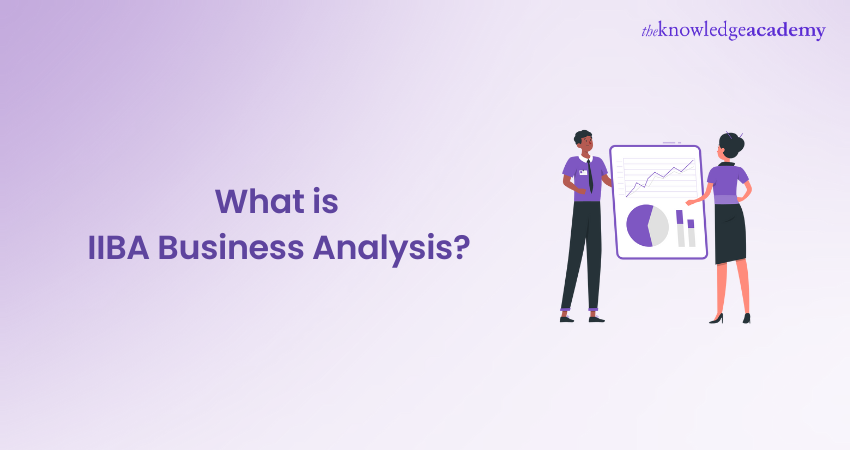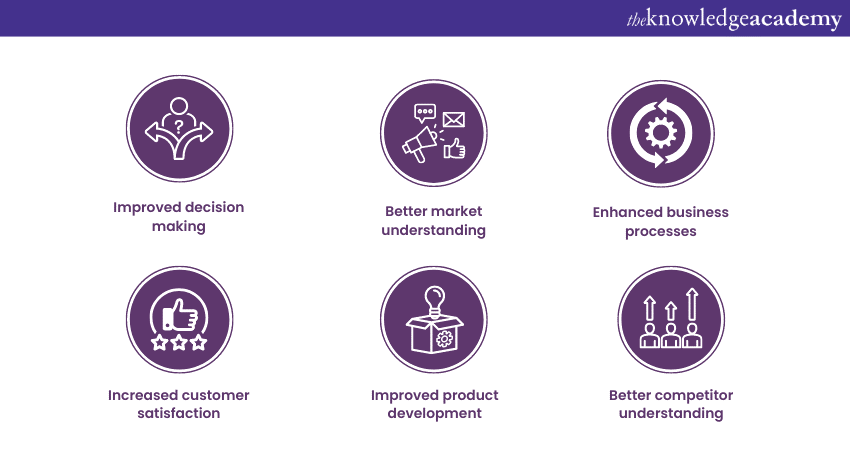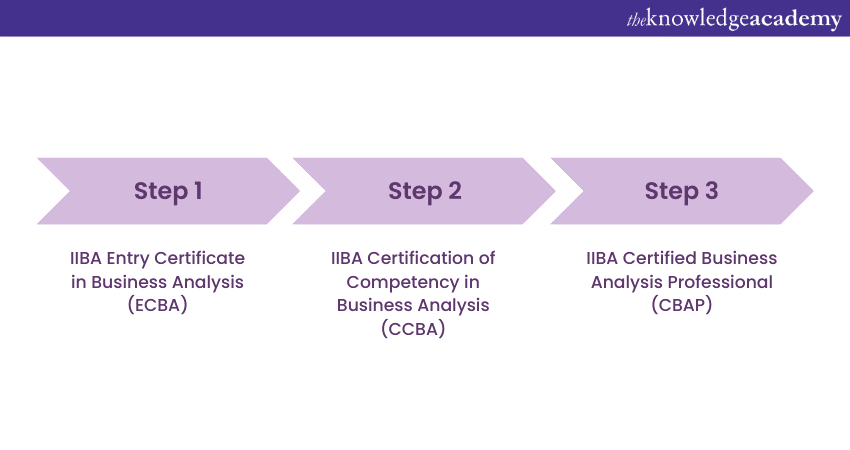We may not have the course you’re looking for. If you enquire or give us a call on +44 1344 203 999 and speak to our training experts, we may still be able to help with your training requirements.
Training Outcomes Within Your Budget!
We ensure quality, budget-alignment, and timely delivery by our expert instructors.

IIBA is a global non-profit professional institution that aims to help IIBA Business Analysis professionals progress in their careers. Established in 2003, the organisation was formed to assist Business Analysts in progressing in their job roles. Thereby making them more well-versed in the field and helping them advance quickly in their paths.
The IIBA website shows that there are over 30,000 IIBA-certified professionals in over 100 countries. The same survey revealed that 88 per cent of professionals were impacted positively after certification. IIBA Business Analysts help bridge the gap between business needs and technical solutions. Read this blog to learn the benefits of Business Analysis and ways to become IIBA certified.
Table of Contents
1) Understanding IIBA Business Analysis
a) A brief look at the Business Analyst
2) Benefits of IIBA Business Analysis
3) How to become IIBA certified
4) Conclusion
Understanding IIBA Business Analysis
Business Analysis facilitates an enterprise's change by establishing its needs and recommending solutions. These solutions help deliver business value to the Project Stakeholders. The practice of Business Analysis helps organisations understand why they wish to create change and guides them in designing their solutions. More importantly, these practices guide them in delivering solutions to their stakeholders and customers. Business Analysis helps organisations deliver projects through various techniques, such as Agile methodologies, Business Intelligence, Information Technology, Business Architecture, and Process Improvement.

A brief look at the Business Analyst
A Business Analyst is professionally trained with approaches to introduce and manage change within organisations. These organisations could be for-profit, non-profit businesses or governments.
Business Analysts are trained in identifying and articulating the need for change in any organisation, and the analysts also guide organisations in enabling the change. Moreover, a Business Analyst’s work spans all the levels of an organisation and is involved in all phases of the business. The process includes defining the business strategy, creating the Enterprise Architecture and adopting a leadership role.
Their role as a leader is to define the project's business requirements and goals and lend support to improve technological solutions continuously. Analysts guide enterprises through unknown territories, helping them understand their required capabilities to reach their destination.
Benefits of IIBA Business Analysis

In essence, Business Analysts help enterprises do their businesses better. Organisations realise the need to remain competitive in a rapidly evolving marketplace. They also understand the value of optimising their business efficiency and bottom-line performance. Time must be invested to conduct extensive research, analyse data, and assess current business processes. Prospective business processes need also to be evaluated so organisations can achieve their desired business outcomes.
The process of Business Analysis guides enterprises in identifying opportunities for their improvement. This involves creating detailed plans and specifications for current or prospective business processes. After these specifications are approved, the analysts start working with the project teams to ensure the necessary changes are implemented.
Although Business Analysis has many benefits, organisations can leverage Business Analysts to achieve optimal business delivery to their stakeholders. Here are some key benefits of Business Analysis:
1) Improved decision-making
2) Better market understanding
3) Improved business processes
4) Increased customer satisfaction
5) Improved product development
6) Better competitor understanding
More importantly, the Business Analysts act as a liaison between the organisation’s technical and business sides. New organisations planning to go public can consult Business Analysts to be prepared to meet their quarterly targets. Organisations can avoid possible obstructions by planning to make necessary decisions in the best interest of their business.
Demonstrate your expertise and professional integrity by signing up for the IIBA Certification of Competency in Business Analysis (CCBA) course now!
How to become IIBA certified

There are numerous benefits that one can attain after getting IIBA certified. The certification validates their acquired knowledge and demonstrates their skills to stakeholders and employers, and it also enhances the professional’s credibility and employability in the field of Business Analysis. More importantly, IIBA Certifications are recognised and valued globally, which makes a certified professional attract new opportunities.
Here are a few valuable certifications that professionals can pursue to become IIBA certified:
IIBA Entry Certificate in Business Analysis (ECBA)
The IIBA Certification aims to help both recent graduates and IT professionals enter the profession of Business Analysis. Candidates of the course are trained in the first level of Business Analysis offered by the International Institute of Business Analysis (IIBA).
Prepare for the Business Analysis Certification’s first level by signing up for the IIBA Entry Certificate in Business Analysis (ECBA) course now!
IIBA Certification of Competency in Business Analysis (CCBA)
The IIBA Certification aims to help those with an ECBA certification and other Business Analysts interested in becoming CCBA certified. It is also aimed at Product Owners, Managers, Corporate Trainers, and other professionals interested in Business Analysis roles.
The certification is essential for professionals with demonstrated work experience. They must have completed a minimum of 3750 hours of Business Analysis work in the last seven years of their employment. Moreover, candidates must complete at least 21 hours of professional development in their last four years. They must also have two references from their Career Manager, a client or a CBAP recipient.
IIBA Certified Business Analysis Professional (CBAP)
The IIBA Certification covers Business Analysis planning and monitoring and introduces candidates to elicitation and collaboration. Elicitation is a concept in Business Analysis where a structured approach is utilised to extract information to forge a consensus among various Subject Matter Experts (SMEs).
The CBAP Certification is the third level of the Business Analysis collection of certifications the IIBA offers. The CBAP recognises professionals with more than five years of experience in Business Analysis. This certification covers a few key topics: the SWOT Analysis, Requirement Analysis, and Solution Evaluation.
Conclusion
IIBA is a non-profit professional association known globally to help serve the Business Analysis community. The IIBA Business Analysis Certification is the highest award by the IIBA for experienced Business Analysts. It makes candidates more competent and employable as Business Analysts.
Demonstrate your professional commitment to Business Analysis by signing up for the IIBA Certified Business Analysis Professional (CBAP) Course now!
Frequently Asked Questions
Upcoming Business Analysis Resources Batches & Dates
Date
 IIBA® Certified Business Analysis Professional (CBAP®)
IIBA® Certified Business Analysis Professional (CBAP®)
Thu 23rd Jan 2025
Thu 29th May 2025
Thu 24th Jul 2025
Thu 30th Oct 2025







 Top Rated Course
Top Rated Course


 If you wish to make any changes to your course, please
If you wish to make any changes to your course, please


